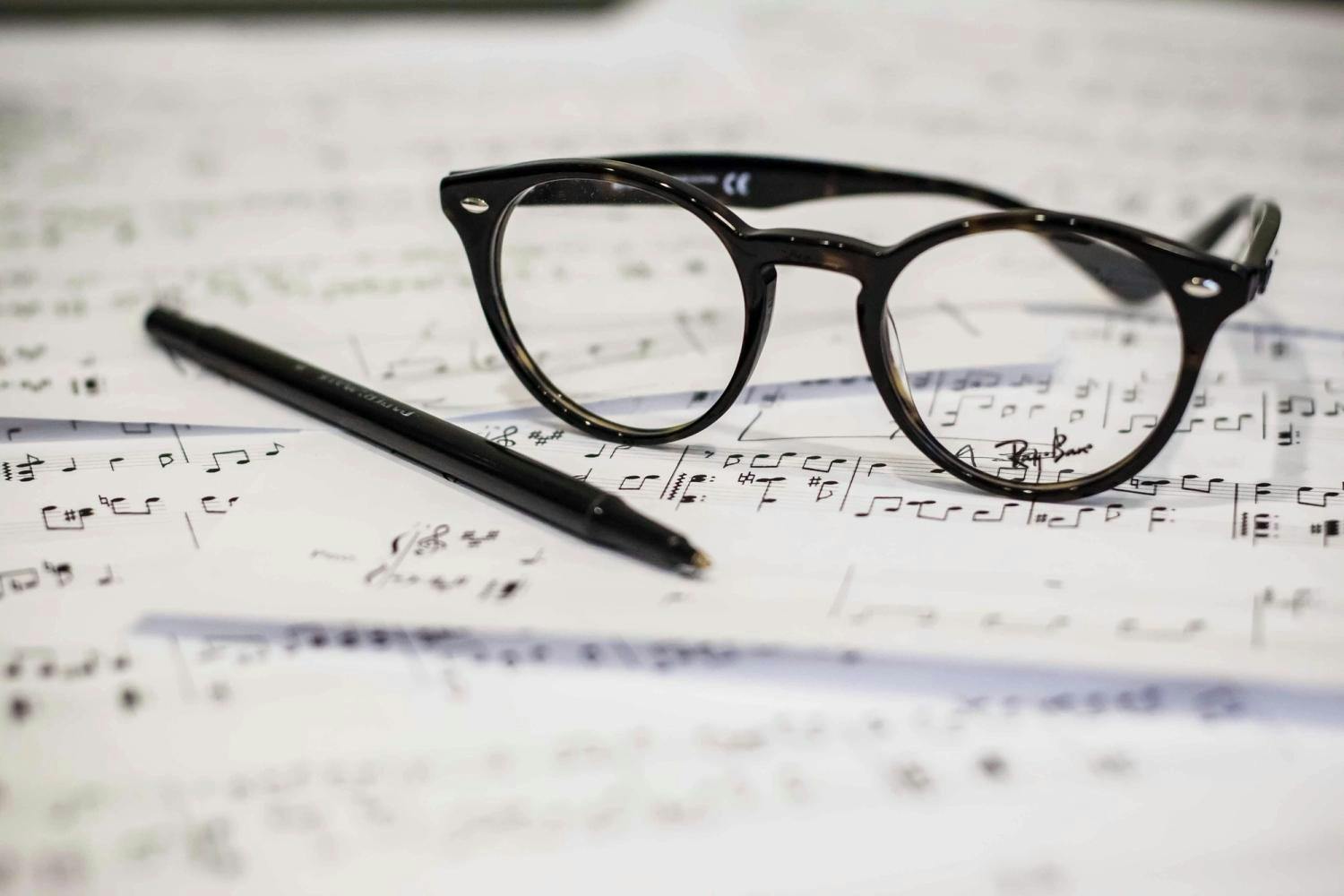What is PRS?
PRS represents over 160,000 songwriters, composers, and publishers and collects royalties from various sources, such as TV and radio broadcasters, streaming services, cinemas, live venues, and shops, restaurants, and other businesses that play music. PRS then distributes these royalties to its members based on the usage and popularity of their works.
PRS also negotiates licensing deals with various broadcasters and platforms that use music, such as YouTube, Spotify, Netflix, and BBC.
Why should you join PRS?
As a media composer, there are many benefits of joining PRS. Here are a few:
- Residual income: You’ll receive royalties (known as “performance royalties”) whenever your music is broadcast or streamed online. Depending on the type and scale of the media project that your music is used in, these royalties could be significant.
- Usage tracking: PRS monitor and track the usage of your music and ensure that you are paid fairly and accurately.
- Resources and opportunities: As a PRS member, you can benefit from various services and initiatives that PRS offers to support its members, such as PRS Foundation, PRS for Music Network, PRS Members' Fund, and The M Magazine.
How to join PRS?
If you're interested in joining PRS, follow these steps:
- Check if you're eligible: You need to be at least 18 years old (or 16 with parental consent), have written at least one musical work that has been performed or broadcast in public (or is due to be), and have a UK bank account.
- Apply online: Apply on the PRS website, fill out an application form, and provide personal and professional details such as your name, address, email, phone number, date of birth, nationality, and musical genre. You'll also need to upload a copy of your ID (such as passport or driving license) and proof of your bank account (such as a bank statement or cheque).
- Pay the membership fee: You'll need to pay a one-time fee of £100, or if you’re Under 25, it’s £30. This fee covers the administration costs of processing your application and setting up your account.
- Register your works: Once your application is approved, you'll receive a confirmation email with your PRS membership number and login details. You can then access your online account and start registering your works with PRS. If you’ve written music for a publisher (such as a library catalogue), then your publisher will be responsible for registering your works. Follow up with your publisher if you think they’ve missed anything.
- Receive royalties: After you register your works, PRS will start collecting and distributing royalties to you whenever your music is performed or broadcasted in public. You'll receive royalty statements and payments four times a year (in April, July, October, and December). You can also view your royalty reports and earnings online at any time.
If you'd like more information about PRS, its role and how to join, you can check out their website here: https://www.prsformusic.com
